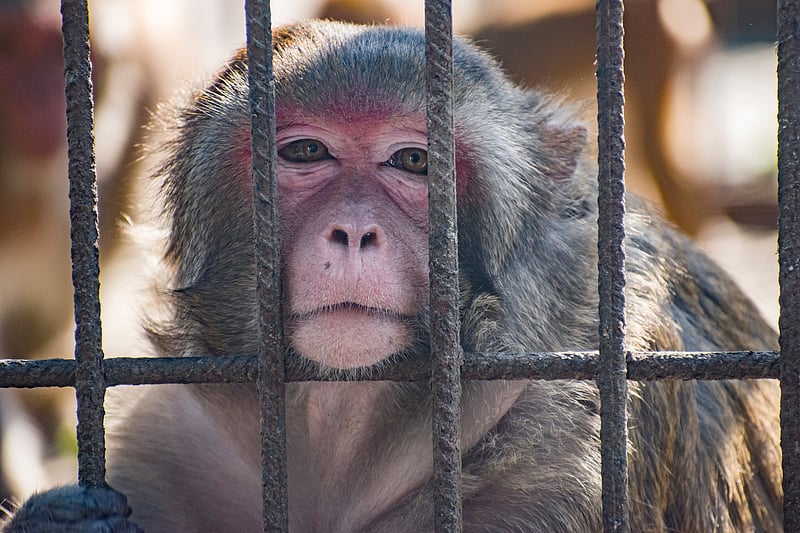Get Healthy!

- Cara Murez
- Posted May 5, 2023
Shortage of Research Monkeys Threatens US Readiness for Health Emergencies: Panel
The United States needs to address a shortage of research monkeys by expanding breeding programs while also developing alternatives to monkey testing, an expert panel said in a report released Thursday.
The National Academies of Sciences, Engineering and Medicine panel was focused on research funded by the National Institutes of Health (NIH), critical for responding to public health emergencies such as COVID-19.
"If the U.S. is to produce high-impact biomedical research and have a research infrastructure capable of responding to the next public health crisis, now is the time to strengthen the systems we need for nonhuman primate research,"committee chairman Dr. Kenneth Ramos, assistant vice chancellor for health services at Texas A&M University, said in a news release announcing the new report.
Although the United States funds colonies of nonhuman primates at national centers, it also relies on imported primates raised for research.
Some of those primates historically have come from China, but in 2020 that country stopped exporting research monkeys, the Associated Press reported, leading to a 20% drop in imports of a particular species, cynomolgus macaques.
That was also when primates were especially needed for COVID studies.
Supplies were also impacted when the United States filed charges to stop a Cambodian smuggling ring that was accused of sending endangered wild monkeys for research, the AP reported.
Monkeys are helpful in lifesaving research, especially in infectious disease and neuroscience, because of their similarities to people.
Still, using them is also controversial. The NIH does not use humans' closest relatives, chimpanzees, in invasive research any longer because of that controversy, the AP reported.
According to the report, about 64% of NIH-funded researchers had trouble getting primates for their work.
More information
The National Institutes of Health has more on animals used in research.
SOURCE: National Academies of Sciences, Engineering and Medicine, news release, May 4, 2023; Associated Press




